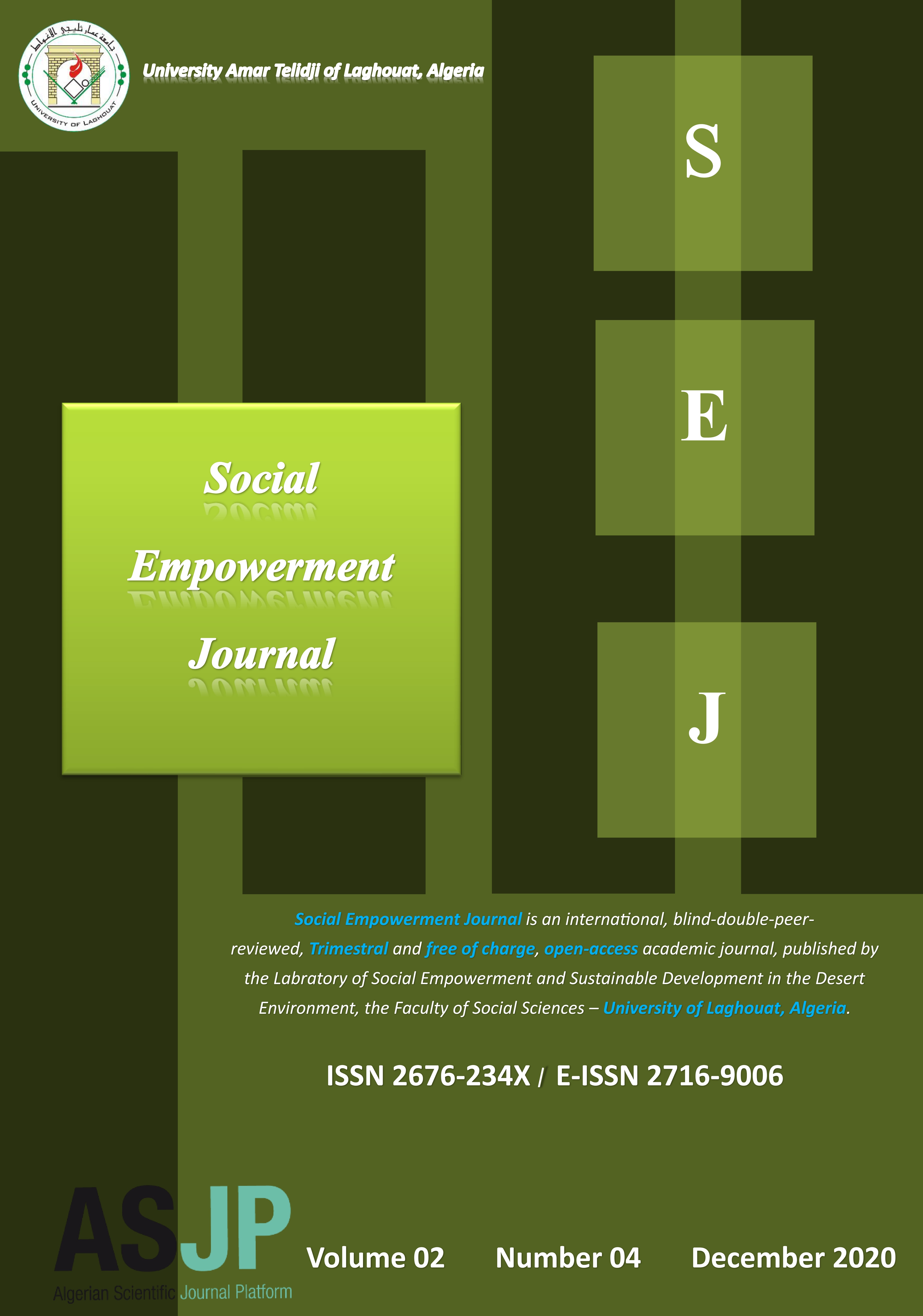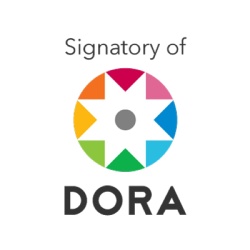The Attitude of Arab Elites towards whose Media Discourse during the Coronavirus Pandemic
اتجاهات النُخب العربية نحو الخطاب الإعلامي لمنظمة الصحة العالمية خلال جائحة "كورونا"
Abstract
This study tackled the World Health Organization’s media discourse during the Coronavirus pandemic. It aimed mainly at monitoring the attitude of Arab elites towards the inducements used in the discourse whether it be emotional, rational or intimidation. It also aimed at determining the most prominent media followed by the elites for receiving information about the pandemic, and knowing to what extent are they exposed to such media. The study is based on the survey method. The survey included purposive samples, where the questionnaire instrument was used to collect data from 725 individuals representing academic and media elites from different parts of the Arab world.
The study concluded that most of the individuals of Arab elites are exposed to the discourse via social media platforms, followed by television. Results showed that they agreed that the discourse is loaded with emotional stimulants, intriguing and confusing, exaggerates with warning and intimidation, promotes anger and hatred towards the organization, includes preferential wordings that favor certain ideas, displays facts, and based on herd instinct, cites real information and events, builds results based on data, and they disagreed on the point that it provides precise numbers and statistics.
Downloads
References
- Arabic references in English:
Makawi, H., & El-Sayed, L. (2012). Communication and Its Contemporary Theories, 10th ed. Dar El Maaref Al-Masriya Al-Lubnaniya, Egypt.
Kazim, K. (2016). Social Elites in Egypt. Dar Al-Nukhba for Printing, Publishing, and Distribution, Egypt.
Younis, R. (2012). Analysis of Political News Language in Written Media Discourse. Dar Al-Mu'taz for Publishing and Distribution, Jordan.
Akasha, M. (2007). Media Power Discourse. Modern Academy for Academic Books, Egypt.
Al-Abdullah, M., & Sheen, A. (2014). Dictionary of Modern Concepts in Media and Communication. Dar Al-Nahda Al-Arabiya, Lebanon.
Ba'alosha, H. (2020). Palestinian Media Discourse During the COVID-19 Crisis. Palestinian Civil Society Organizations Network, Palestine.
Rassam, H. (2020). Guide to Good Journalistic Coverage of Corona Virus. Centre for Economic Studies and Media, Yemen.
Ouhmaou, S. (2020). The Effectiveness of Administrative Interests' Educational Discourse in Moroccan Crises Periods: Corona Crisis as a Model. Ibn Zohr University, Morocco.
Al-Zu'bi, A. (2020). Evaluation of Arab Elites' Coverage of Global Corona Crisis News Channels. Abdelmalek Essaâdi University, Morocco.
Saad Al-Din, N. (2020). Media in the Face of Corona Pandemic Requirements. Jordan
Sky News Arabia. (2020). Herd Immunity, What Does It Mean? And Does It Succeed in Confronting Corona? Retrieved from: https://bit.ly/32O8bGb.
Official Website of the World Health Organization. (2020). Retrieved from: https://bit.ly/3iPz4PR.

This work is licensed under a Creative Commons Attribution-NonCommercial 4.0 International License.









